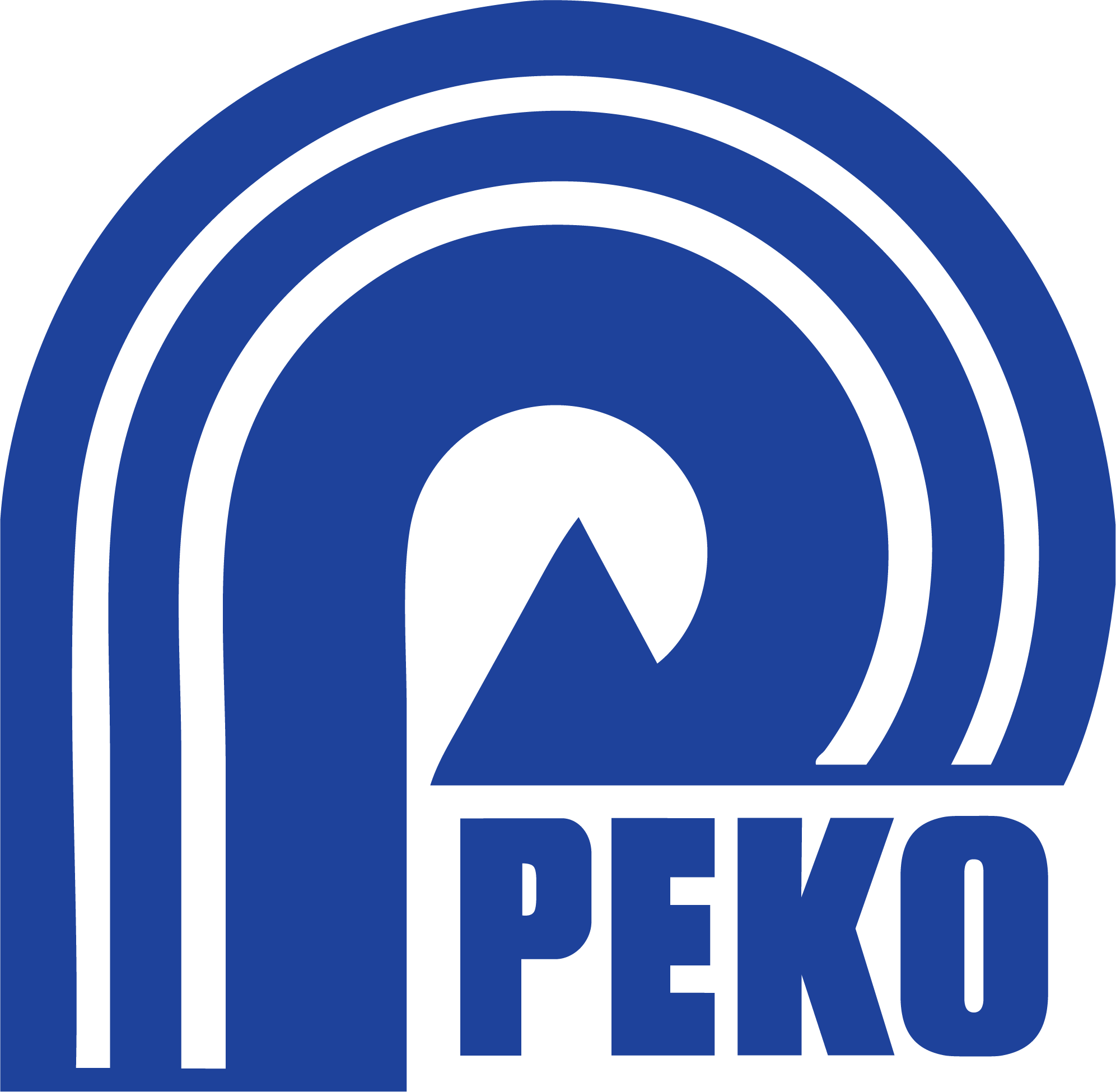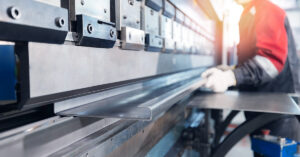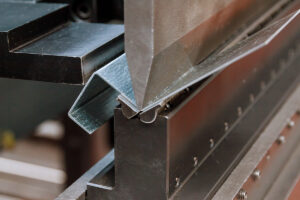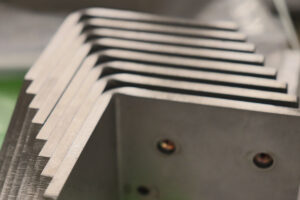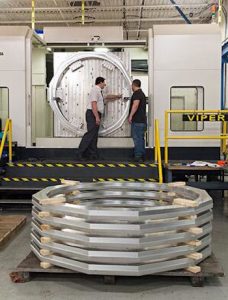
So, what gives? Who’s right, who’s wrong? Sadly, I don’t have a crystal ball either, but let’s talk about the machine shop manager side of the equation. In manufacturing, we are hit by the very real effects of supply and demand as much as anyone. When the economy swings, we have to react quickly in order to make delivery dates and fulfill our contracts. Not to mention our contracts also have some expected duration. So, when we talk about hiring practices, for instance, it’s really not out of the norm for hiring to pick up dramatically and quickly in good times, as this is usually a sign of contracts or at the least, inquiries increasing. Machine shops and other manufacturers are at the mercy of their customer base so most shop management plays a reactive game rather than proactive. The tough fact is that many machine shop managers are prone to hiring fast when times are good, but also laying off when the contracts dry up.
Regarding business expectations, I can see why managers are reporting high in this category. Machine shop managers haven’t seen an economic expansion in our industry in many years. Suddenly our backlog is full, spindles are cranking, and invoices are flowing. Like most folks in any bull market, it’s easy to be optimistic. Not to mention, our customers tell us on ‘good authority’ that the next order quantity of this part or that part will increment each year into 2024. Sadly, we have a habit of believing them.
“Additionally, despite much handwringing over the so-called skills gap in manufacturing, metalworking shop owners are reporting employment figures that Mr. Guckes suggests would be much lower if they believed a recession was on the horizon.”
The author uses hiring as an indicator of business expectations and rightfully so. The risk involved in hiring and training a new employee absolutely gives some longer-term clues. Another equally important sign, in my opinion, would be capital equipment purchases. New machines are difficult to pay back and require long term thinking, so when these purchases are increasing, I think you can reasonably conclude that machine shop managers are expecting to keep chips flying for the next few years.
This article gets me thinking. As I survey the landscape of manufacturers, machine shops, and other industry service providers, I often ask myself, what’s next? Can we keep this up? Will dips in other sectors (finance, real estate, etc.) effect manufacturing? Will tariffs on Chinese goods and a renegotiated NAFTA continue to keep US manufacturers busy? Will it be some kind of hybrid that raises the baseline of work, in which the fluctuations from low to high will still be higher than the lows and highs of yesteryear?
I will continue to keep my finger on the pulse of the economics of manufacturing and I can appreciate articles like Mr. Cole’s. Read his entire article here.
Check out some of our other PEKO Perspective articles below:
